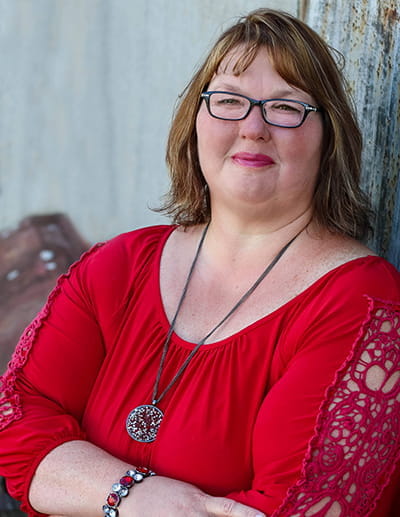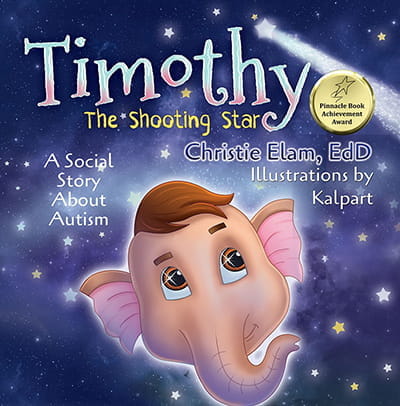
Fulfilling the needs of children with emotional and behavioral disorders (EBDs) is a national concern. More than two million young people in the United States have emotional/behavioral disabilities, according to the 2005/06 National Survey of Children with Special Health Care Needs. These include attention deficit hyperactivity disorder (ADHD), autism, bipolar disorder and anxiety disorders.
Dr. Christie Elam, a Walden University Doctor of Education (EdD) and MS in Education (MSEd) graduate, says it can be challenging for educators without a special education background to properly meet the needs of students who have EBDs. For 16 years, Dr. Elam was a reading teacher in a rural Tennessee public school system and noticed an increasing number of students with challenges. One year, she had seven students diagnosed with some form of EBD.
“I wanted to be a strong teacher in a regular education classroom because I’ve always had a heart for special education,” says Dr. Elam.
Still, she understood that wanting to help these children was not the same as being prepared to do so. After searching for resources that could help teachers without a special education background, she came up empty-handed. That was when she decided to return to Walden for her doctorate and produce a study that would provide the information she and other traditional educators were longing to find.
In her doctoral study, “Equipping Teachers to Meet the Needs of Students with Emotional and Behavioral Disorders,” Dr. Elam identified teaching strategies that focused on improving the overall educational experience in an inclusive classroom by targeting improvement of academic performance, social skills, communication techniques and behavior management strategies. She says her goal was to help teachers create a successful educational environment for all students.
“Children with EBDs can be disruptive to the classroom, and it can be stressful for teachers to give them the attention they need while preparing everyone for standardized tests,” explains Dr. Elam. “It was my intention that the strategies identified in my research will give teachers a host of ideas of what they can do and figure out what works best for them in their classroom.”
After graduating from Walden, she wanted to share her research and findings with anyone who could find it useful. She decided to create Hannah’s Child Educational Consulting, which provides strategies for educators and parents, and currently serves as the director of the Horizon Program at Tipton Christian Academy in Covington, Tennessee.
“I see parents of children with challenges pulling their kids from public schools because they feel like their needs are not being met,” says Dr. Elam. “They try home schooling and realize it’s way more of an undertaking than they originally thought.”
Dr. Elam and her husband, a pastor, can empathize. While she was working on her doctoral degree, they adopted a 6-month-old girl with behavioral issues.
“Though educators have these children for a year and parents have them for a lifetime, I tell them all the same thing: Don’t get frustrated—there is support out there for you, and there is no shame in seeking it,” explains Dr. Elam.

Her first book in the series, “Timothy, The Shooting Star,” is about an elephant with autism. It’s geared toward children with autism and friends of children with autism. The response has been amazing, she says—from children’s excitement at school book signings to touching e-mails and customer reviews from caregivers all over the country.
“I want all children to understand that even though you may be different, you are special,” says Dr. Elam.
When she decided to return to Walden, the mom, wife, teacher, entrepreneur and author could not have imagined that she’d be where she is today.
“I’m incredibly grateful for the opportunities my doctoral degree has afforded me,” says Dr. Elam. “Having my doctorate has given me credibility with this book when parents see it, or even when I speak. I’m not just someone off the street. I’ve actually done the research, and now I have the privilege to share it with those who can benefit.”
––Jen Raider



